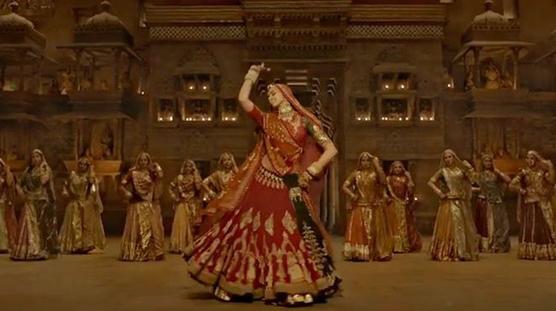
1 minute read
ICLs LITERATURE CLUB
As readers, it is often comfortable to read books which are written without much flair or interest, because we read them in our own language The story belongs to us, knit together with our understanding of the words and what significance they hold to us But after all, a book is meant to show you the story of another, take you on a path you haven't been on before
To use the dialect that Zora Hurston does in this book, forces a reader to completely engage themselves in the life of the characters, experiencing the world in a different light I've always believed that language controls your attitude towards the world, that each language has its own way of saying things, which changes your expression of universal thoughts This is one of the things I love about the book, although many critics have expressed their love of the language Hurston uses, I find that the language is almost there to make up for the lack of detailed descriptions This book isn't well written because the author knows how to string words together and put them into neat little sentences which make perfect sense and sound grand. No, it's well written because the author knows how to use words to tell a story. To make a reader feel something, to touch the warm flowers on a summer's day and hear the townsfolk cry when a mule dies
Advertisement

The beginning of each chapter, with its positive outlook on everything to be, is then followed by a dialogue and situation which changes our own look on the characters’ lives However, Hurston gives up the first person perspective, perhaps to bring in her own philosophies and distract the reader from the protagonists’ simple view on the world But what I especially enjoy about the protagonist, Janie Crawford, is her inane sense of human-ness Her doubts and misinterpretations of the world, and all her simple thoughts and beliefs that are still in the making She is vastly different from the usual story of strong black women, with a voracious voice, never fearing anything or anyone ( a new sort of unrealistic figure)
We talk about writing realistic characters, well Hurston's characters seem to exist in a realm far beyond realistic, almost separate from the author's own imagination Or perhaps they exist somewhere so close to the author's own world, that they no longer remain characters, but become people
My love for this book stems mostly from its simplicity Hurston doesn't try to pack layer after layer of code underneath her lyrical language, and all love and hate is expressed with vigour and sensitivity The main reason I think audiences have enjoyed(and will enjoy) this book is because of its unadulterated, evident and explicit - good language and smart philosophy









